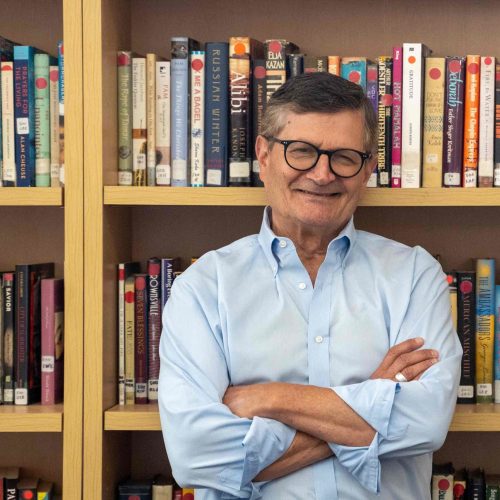Like most of my colleagues and friends who take Jewish education seriously, I’m loathe to push the antisemitism button. I remember well-intentioned teachers and youth group advisors who concocted an emotionally lethal combination of guilt and fear, somehow imagining that our response would be an enthusiastic embrace of Jewish identity, lest we “let Hitler win.” The corollary was a similar approach to Jewish history: too many camps and Hebrew schools carved out a path from Pharaoh to Nebuchadnezzar to Antiochus to Emperor Titus of Rome, or from the destruction of the First Temple to the destruction of the Second, to the pogroms, the blood libel, the Inquisition and the Shoah.
Parents and grandparents joined in also; we know that it was in the zeitgeist because plenty of Jewish comics poked fun at our collective obsession (if the comics are joking about it, there’s probably some truth to it). The silver lining is that – better late than never – a generation of thoughtful educators who listened to their students and campers and congregants, resolved to talk about the beauty of Shabbat and the richness of Hebrew poetry and the brilliance of the Talmud. Israel was presented as an example of a living, breathing Jewish laboratory, where we could find our sense of self and create something unique – for ourselves and for the world; it wasn’t only a refuge, or a place of relentless attacks and hostile neighbors.
With all my soul, I know that going positive, that emphasizing the beauty and the brilliance of Judaism, is the best way to stoke the fires of Jewish identity in our students. For that reason, I’m cautious about wading into a conversation about Jew-hatred – not because it’s not there and not because we shouldn’t arm ourselves with the truth; but because of the dangers of over-emphasizing, of not hearing what we’re saying with the ears of our students.
In the aftermath of the hostage-taking in Texas, it was clear – if it wasn’t already – that too much of the world doesn’t understand the perniciousness of antisemitism, and isn’t aware (or chooses not to be) that it is a qualitatively different phenomenon than other prejudices. That is not to say that one is “worse” than another; there is no Olympic hierarch of prejudice or hatred. But to combat something first means we have to truly understand it, and before we can expect another to understand this plague, we had better understand it ourselves. And that leads us – as a school and as a People – to commit to teaching our children, and certainly our high school students, with a deep sense of purpose.
Our goal is simple – and profound. We’ll need to go beyond the recitation of tragedies and persecutions, to help our students come to grips with what Hannah Arendt called the banality of evil. They’ll need to grapple with bystanders that were anything but innocent; and they’ll need to know that there were incredible men and women who risked their own lives, who were truly righteous Gentiles. They’ll study our history and then will wrestle with how it informs their lives today and our community’s future. They will not imagine Judaism solely through the lens of pogrom and persecution; at the same time, they’ll be confident and knowledgeable enough to stand against such evil where it does exist.
These conversations raise questions that are painful for adults, much less for those barely past becoming b’nai mitzvah. Yet not presenting them with the safe space in which to ask questions is abrogating our responsibility.
Our strongest response to those who hate us can never be fear. Our most powerful and our most effective response will always be – has always been – the education of our children, and the instilling within them of insistent, adamant Jewish pride.
שבת שלום – Shabbat Shalom,
Jerry

